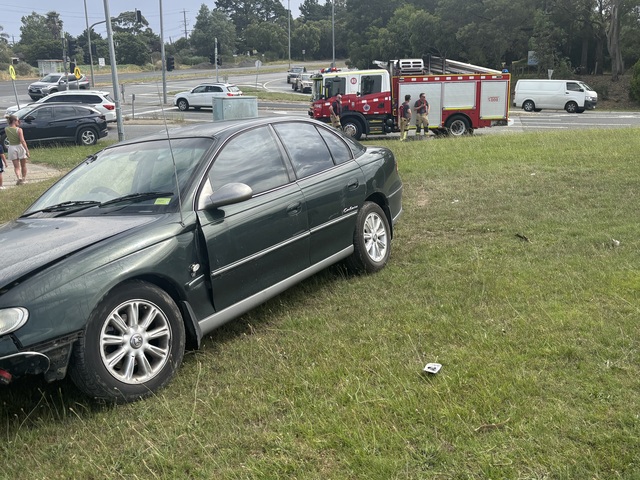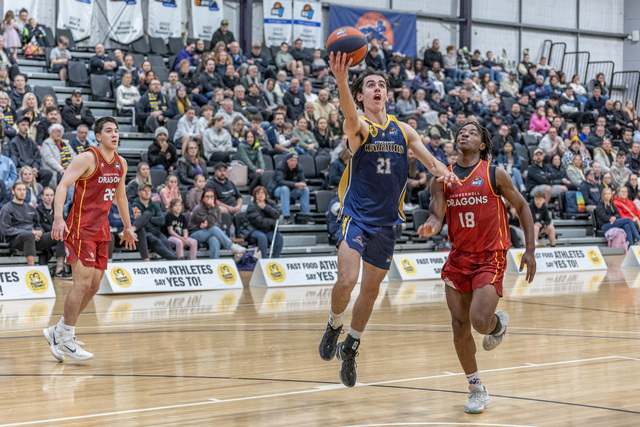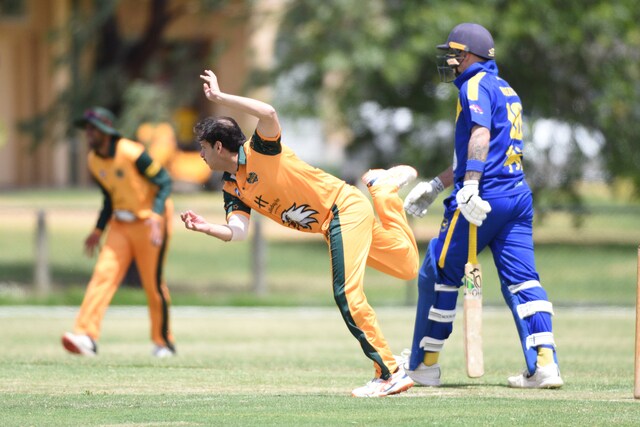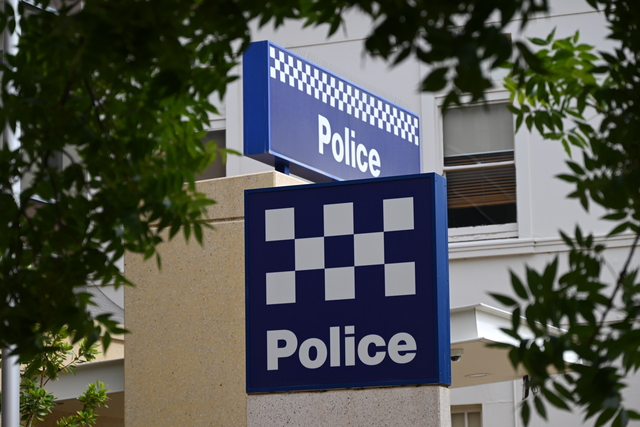Well here we are safely installed in a lovely hotel in Jordan. We also have coffee in the room and free water and most importantly, the internet, so I am sitting up in bed composing this email while we watch the CNN special report on Egypt on TV.
We had arrived back in Cairo after being on a cruise down the Nile – a sublime experience which seems like a hundred years ago. We returned on the overnight train from Aswan (not sublime!) arriving at 5.30am in darkness, to unaccustomed rain and relative quiet. Usually the station is swarming with porters but there were very few people around, just tanks guarding the station. Fortunately our excellent tour company, Peregrine Tours, had managed to find a large van and a driver – a man who was normally a traffic controller! We had been travelling with another Peregrine group, and we had usually had separate arrangements. This time they could only find the one van so we all squashed into it with the luggage piled on top, and left the station. A lonely pair of Asian tourists stood silently watching us drive away – what did they do? The curfew was in place then so they may have had to sit there for several hours ’til it lifted and taxis appeared.
It was an eerie trip through dark streets that were far from deserted. We were horrified to pass tanks and a row of burnt-out police vehicles. Litter covered the streets which were normally swept clean. Some people were already beginning to assemble and erect barriers – we saw a man on a bicycle carrying some large timber slabs and railings which others helped him to unload and assemble into a makeshift barrier. It felt more like 6pm and not 6am ,with a heavy feeling of expectation.
The hotel was eventually reached after a tortuous trip around roadblocks. It was in darkness but the staff was there to unload us. We were told to go inside immediately. Our activities for the day were cancelled – no surprise there – and we were given rooms. The rooms would normally only have been available at noon. We were all very tired after a largely sleepless night on the train. Some of us had succumbed to tummy troubles, so it was a relief to have a room to retire to bed. Only the inside rooms were used, the outside was kept in darkness.
As the day wore on the crowds outside grew. The hotel is on a main road with several lanes each way. The shops across the road had people guarding them – ordinary men armed with guns and sticks. A money exchange bureau discreetly raised a tarpaulin over its sign to hide its existence from looters. Occasionally there would be a rattle of gunfire as guards fired into the air. The police force was not popular, but the army is “everybody’s sons and brothers” as conscription is in force. The army has also stated they will not be firing on peaceful protestors.
At last our guide, Muhamed, had news for us – the next morning we were to go to the airport and catch flights out. We all assembled at the stated time, only to find that it was not able to happen. We had farewelled two of the group who were booked to go to Kenya. It took them two days camping at the airport before they actually left.
That night we could hear the gunfire through the night but we felt no fear. We were not the targets.
We had another long day at the hotel, unable to leave and go beyond the barrier at the front. Roger spent a long time talking to the duty manager, who was a Coptic Christian. The hotel had taken measures to protect itself – boxes of molotov cocktails lined up behind the pillars of the front door, fire extinguishers discreetly hidden behind each pillar inside. The shops were all stripped of merchandise and food.
At the start of the curfew that night two Mirage jets began flying low overhead. The hotel was built around a central courtyard and the sound echoed deafeningly in the void. When we heard them come we would all rush out on to the balcony to watch.
We had another false alarm about flying out. This time it was supposed to be with Royal Jordanian. It did not happen. Our guide, Muhamed was beginning to look very tired and his responses were rather forced. But his customary politeness did not desert him.
To add to the general tension two of our party were from Townsville where they owned a business on the waterfront.
They were in constant contact with their family for news of the cyclone that was bearing down on the area.
That night was quieter with no gunfire and next day we were able to make a dash for the Jordanian border in two vans. Dash might be the wrong word because of the time it took to get through the military checkpoints. If it had not been for the excellent Preregrine guide’s ability to talk to soldiers or Bedouin militia as if he was their friend and negotiate us through the tangled knot of cars at the roadblocks, we would never have made it. The spaces between blocks were covered at over 120 kilometres per hour over bumpy roads. We headed straight across Sinai through the tunnel under the canal and down the Red Sea coast to get the ferry across the Jordan.
One last little telling statistic: Muhamed told us that in Egypt people were finding it increasingly hard to get married, because it was too expensive to find accommodation. The average age of marriage had crept up and up for both men and women as they struggled to save enough money to buy or rent a tiny apartment.
Roger Lord
Letter from the frontline
Digital Editions
-

Alleged speeding crash ends on Star News office embankment
Passers-by intervened as an alleged speeding car came to grief outside the Pakenham Gazette (also Star News)’s office just after 4pm on Friday 9 January.…





